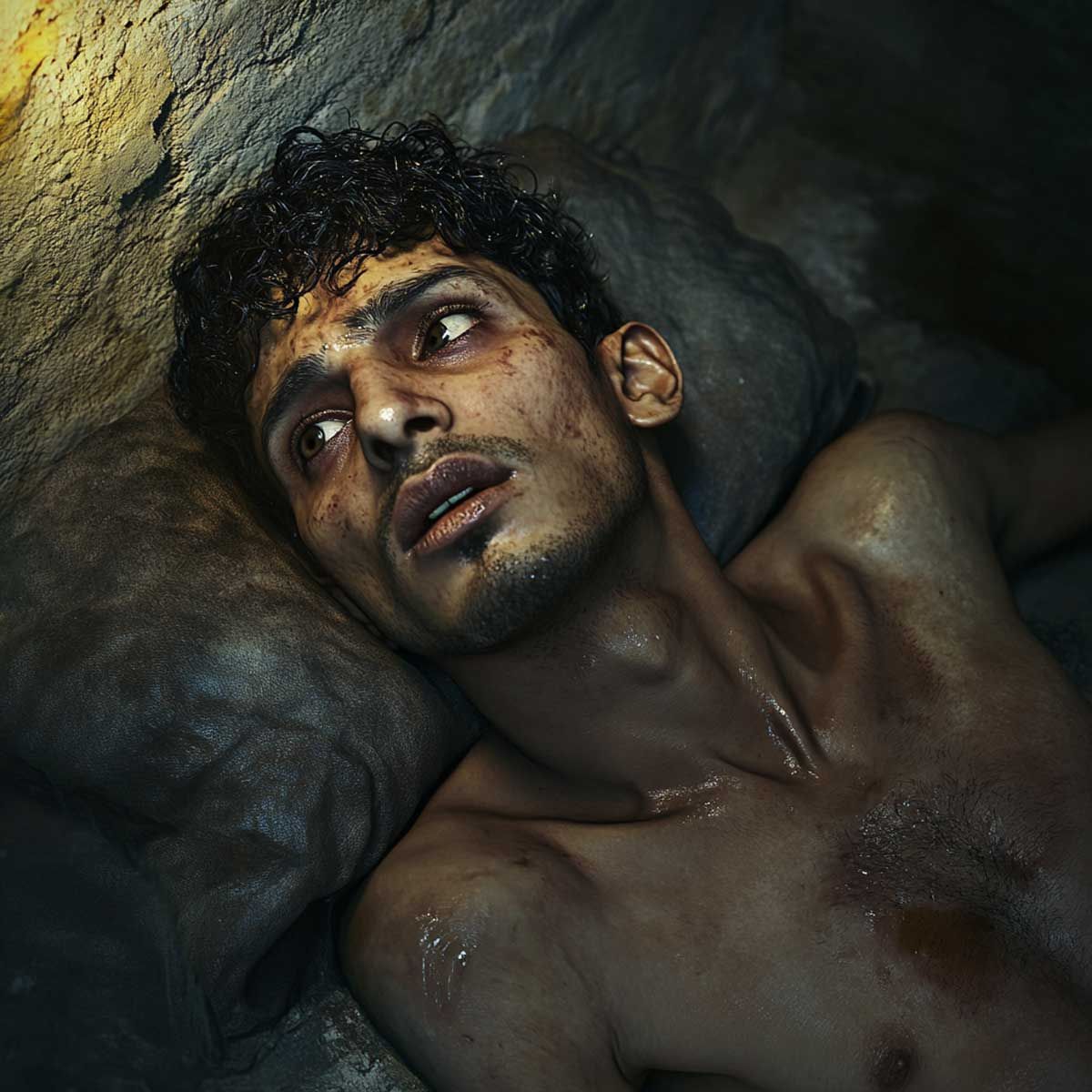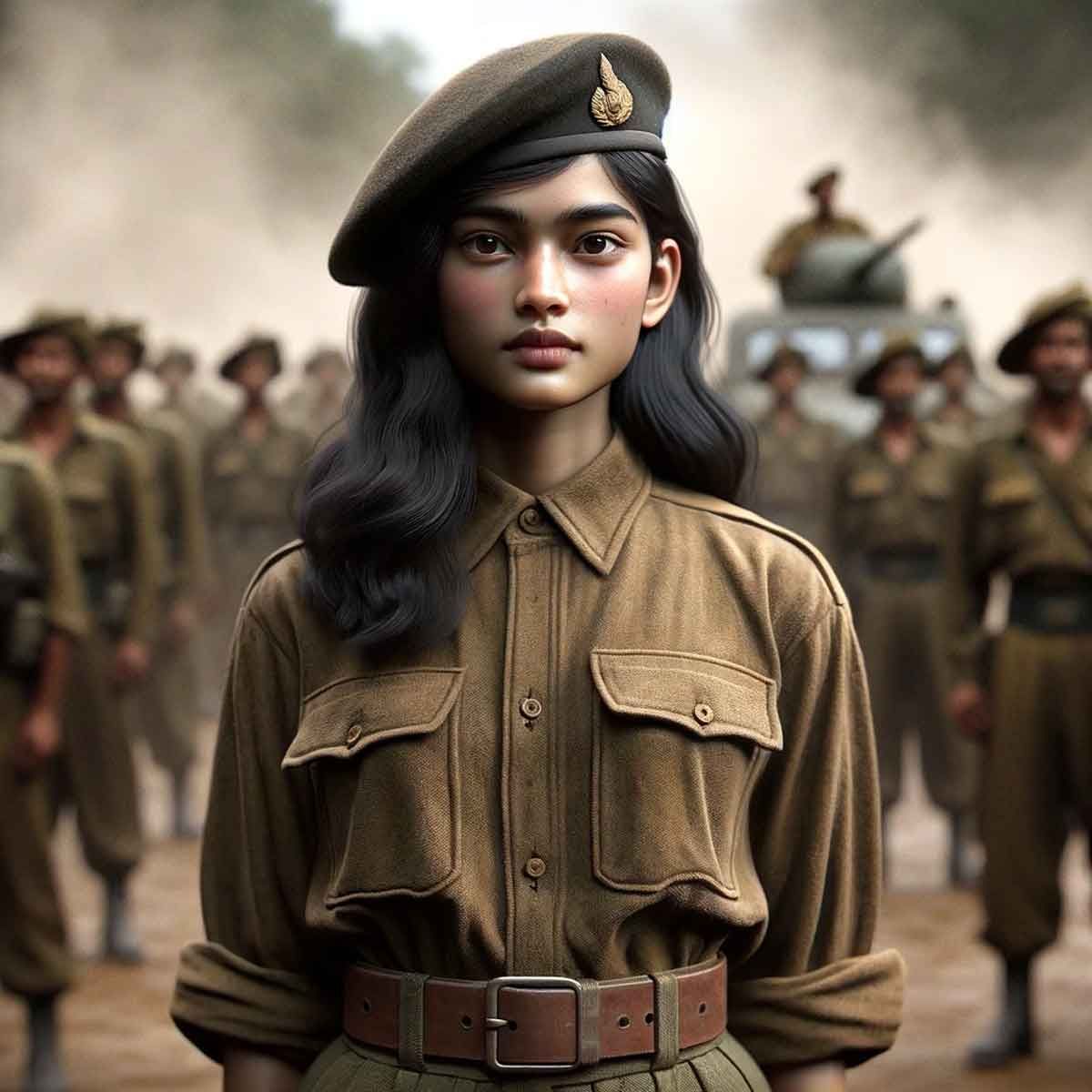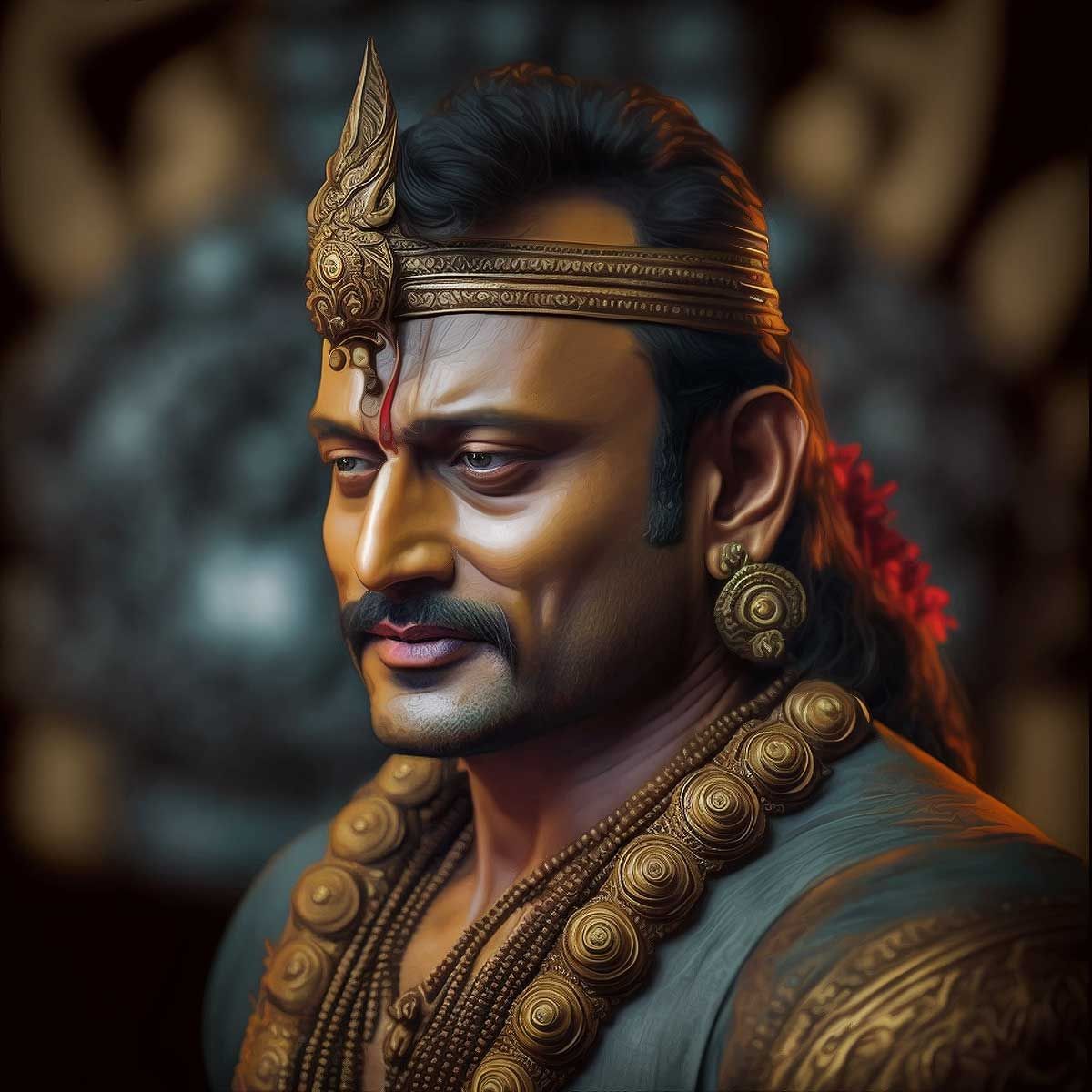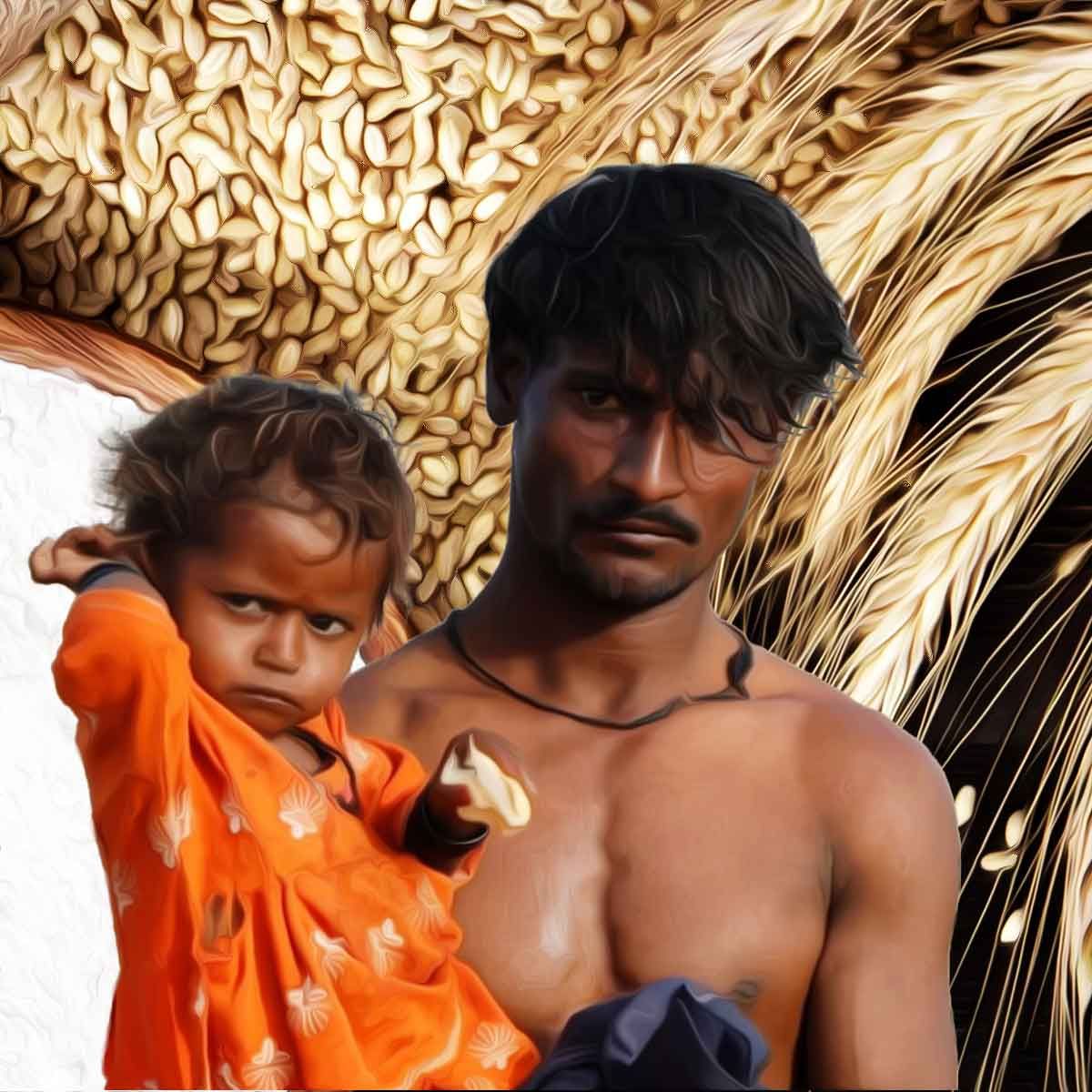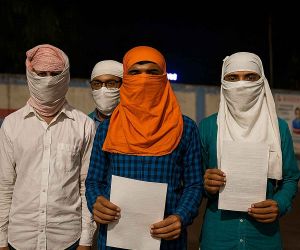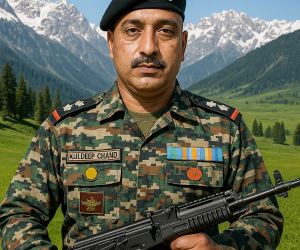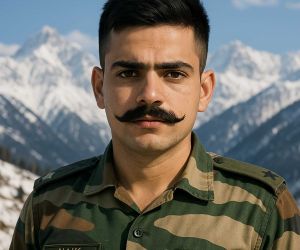MORE COVERAGE
Twitter Coverage
Satyaagrah
Written on
Satyaagrah
Written on
Satyaagrah
Written on
Satyaagrah
Written on
Satyaagrah
Written on
JOIN SATYAAGRAH SOCIAL MEDIA
"From Father to Son: A Troubling Legacy": In a sinister echo of the past, Canadian PM Trudeau openly endorses Khalistani elements against India, uncovering the dark history of Pierre Trudeau shielding notorious Kanishka bombing mastermind Talwinder Parmar
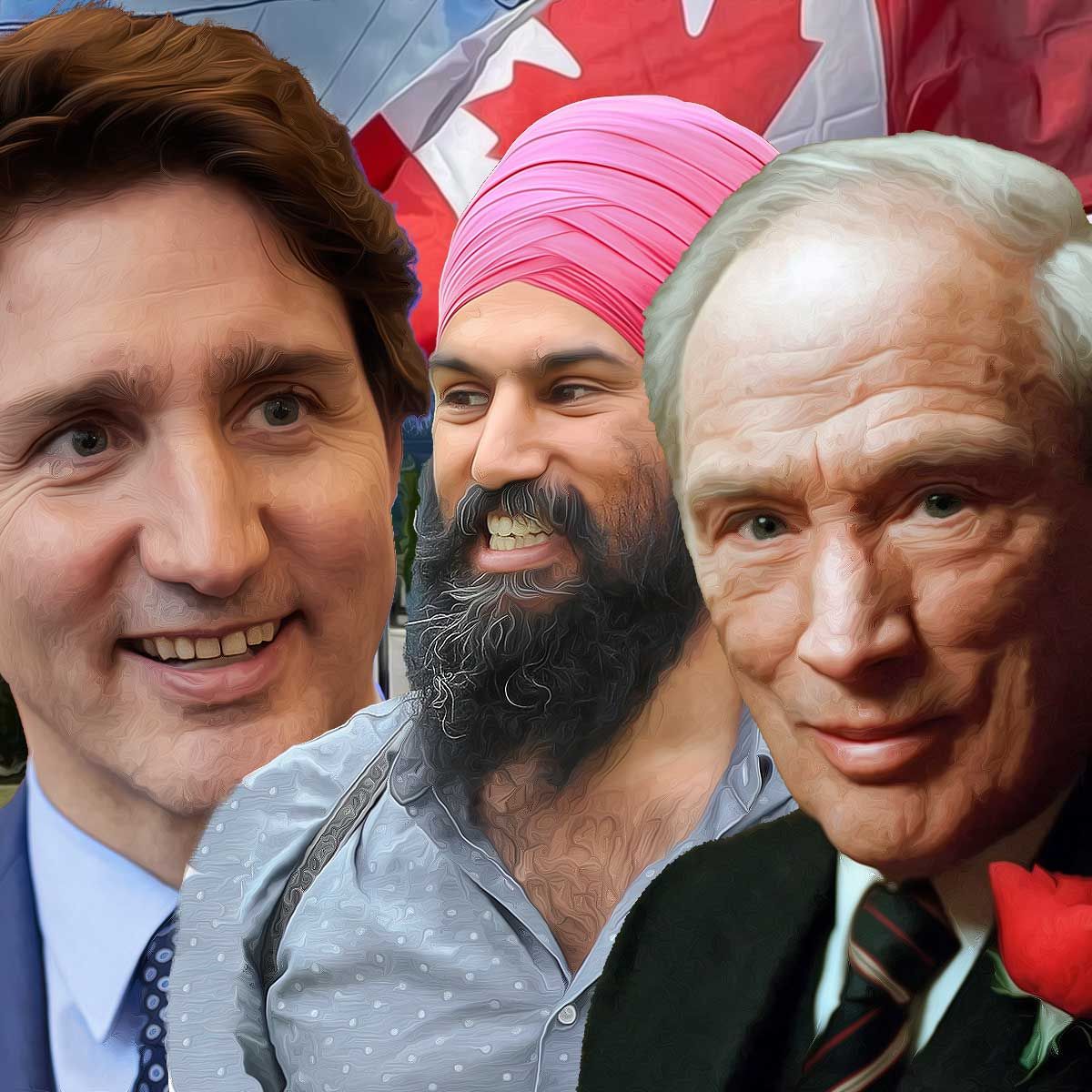
In a shocking turn of events on 18th September, Canadian Prime Minister Justin Trudeau brazenly accused India of orchestrating the murder of Khalistani terrorist Harjeet Singh Nijjar on Canadian soil, without providing any substantiating evidence. This explosive claim not only strained the relations between the two nations but also led to the expulsion of an Indian diplomat from Canada. Moreover, the controversial statement echoed the sentiments of Khalistani sympathizers residing in Canada, further fueling suspicions about Trudeau's alignment with the group.
|
In a concerning revelation, Trudeau's stance appears to be in harmony with that of Khalistani activist Gurpatwant Singh Pannun, a prominent figure in the Sikhs For Justice organization. Pannun, who has been vocal about blaming India for Nijjar's death, was spotted in Canada around the same time when Trudeau was attending the G20 Summit in India. This raises alarming questions about the Canadian Prime Minister's affiliations and his role in fostering anti-India sentiments on foreign soil.
Disturbingly, this is not the first time a member of the Trudeau family has shown solidarity with Khalistani extremists. Delving into the annals of history reveals that Justin Trudeau's father, Pierre Trudeau, had similarly protected Khalistani terrorist Talwinder Singh Parmar from being extradited to India back in 1982. At the time, the Indian government, led by Prime Minister Indira Gandhi, had formally requested the extradition of Parmar, who was implicated in the assassination of several police officers.
Despite the gravity of the accusations against Parmar, the Canadian government under Pierre Trudeau's leadership categorically rejected the extradition plea. Astonishingly, the refusal was grounded on the pretext that 'India does not recognize the British queen as the head of state', a justification that seems both inadequate and questionable, given the severity of the crimes Parmar was involved in.
As the world watches, the Trudeau family's perplexing affinity for Khalistani elements continues to unfold, threatening to undermine the long-standing diplomatic relations between India and Canada. It remains to be seen how this unfolding narrative will shape the geopolitical landscape in the coming days.
Canada refused to extradite terrorist Talwinder Parmar, citing that ‘India does not recognise the British queen as head of state’
In a stark revelation, Canadian journalist Terry Milewski discusses Canada's history of providing a nurturing environment to Khalistani extremists in his book, Blood For Blood. “Canada can’t be compared to Pakistan as a springboard for Khalistani militants in the past forty years, but it has offered them the great advantage of a congenial legal and political environment,” he writes, pointing out that the nation's hesitant response to the Khalistani menace has been under the Indian political radar since 1982.
This was the year when Indian Prime Minister Indira Gandhi voiced her dissatisfaction to Canadian Prime Minister Pierre Trudeau, a grievance that seemed to have been met with indifference. Milewski elucidates, “Not much came of it. Quite the reverse, in fact. Pierre Trudeau’s government refused the 1982 Indian request to extradite Talwinder Parmar to India for murder on the quaint grounds that India was insufficiently deferential to the Queen. That is not a joke. Canadian diplomats had to tell their Indian counterparts that the extradition protocols between Commonwealth countries would not apply because India only recognized Her Majesty as Head of the Commonwealth and not as Head of State. Case closed!”
Parmar, known as the mastermind behind the notorious Khalistani terrorist group Babbar Khalsa, later spearheaded a catastrophic event in 1985. His organization was behind the horrifying bombing of the Air India flight Kanishka, which occurred off the coast of Ireland, resulting in the tragic loss of 329 lives, including 268 Canadian citizens. This act of terror was an ominous realization of the Khalistani terrorists' vow to eliminate at least 50,000 Hindus. Even more disturbingly, Parmar had ominously forewarned that Indian aircraft would soon be falling from the sky, a threat that materialized with the Kanishka tragedy.
Pierre Trudeau’s role in the catastrophic Kanishka bombing is undeniably prominent, a dark chapter of history where a government's inaction facilitated the brewing of a heinous plan. Following the Trudeau government's protection, Parmar began orchestrating an attack that would stain history with the blood of innocent lives. In 1984, he ominously proclaimed to his fellow Khalistani adherents that “Indian planes will fall from the sky”. The narrative further thickened with hate and violence when Ajaib Singh Bagri, a close ally of Parmar, vowed mercilessly at the founding convention of the World Sikh Organization, stating, “Until we kill 50,000 Hindus, we will not rest!” These chilling words, recounted by Milewski, echoed ominously as a precursor to a devastating tragedy, one that he had closely monitored and reported during the rise of the Khalistani movement in Canada and other regions.
|
‘Canadian authorities were aware that Parmar is planning an attack’
In a shocking revelation, it was noted that the ‘Canadian authorities were aware that Parmar is planning an attack’. Reports filtered in, indicating that the authorities had inklings of the impending disaster, a bomb plot that promised a suitcase filled with money for its heinous execution on an airplane. An individual deeply entrenched in this conspiracy unfolded the details as a paid informant for the Canadian police, revealing, “As a paid Canadian police informer, I recorded a conversation with a few Khalistani terrorists on Vancouver Island discussing an attack on Air India. In 1987, he told CBC that he used an RCMP body pack to tape their conversation on suspicion of them being drug dealers in Port Alberni and Duncan.”
The informant further explained the gravity of the situation, revealing that the authorities had tangible proof of the plotted attack days before it was set into motion. “I was wearing a body pack, and my van was wired, so the RCMP actually have a transcript of a tape telling them of a plot against Air India days to a week before it happened.” These chilling admissions paint a grim picture of foreknowledge and failure to act, leading to a tragedy that could potentially have been averted, leaving many to mourn the loss of lives that followed.
In a startling sequence of events, it is reported that both Parmar and his associate, Inderjit Reyat, had caught the attention of Canadian secret agency officials. The duo was spotted testing a bomb on Vancouver Island, indicating the onset of a potentially devastating plan. Yet, the gravity of this looming danger was apparently dismissed casually, with the police and spy agencies undermining the credibility of the informants and labeling them unreliable. In what appears to be an abominable breach of justice, the Canadian authorities went on to either misplace or intentionally destroy vital pieces of evidence that could have been instrumental in holding the culprits accountable.
Tragically, this series of mishandlings culminated in a court trial that saw the accused walking free, acquitted due to an appalling lack of substantial evidence to pin them to the gruesome Kanishka bombing. The wave of terror continued as in 1992, Parmar met his end at the hands of the Indian police while attempting to infiltrate Punjab from Pakistan, further enshrouding this narrative in layers of complex international relations and security breaches.
In a damning indictment of the Canadian authorities' actions during the investigation, a commission led by Justice John Major in 2010 denounced the glaring negligence and hindrances in the probe into the bombing. Justice Major didn't mince words when he stated that the failure of the Royal Canadian Mounted Police (RCMP) and the Canadian Security and Intelligence Services (CSIS) to thwart the bombing was simply "inexcusable". He asserted with conviction that the officials should have been well aware of the Indian aircraft being a prime target for terrorist activities, pointing to a failure of catastrophic proportions.
In a chilling development that stands as a testament to the lingering scars of this tragedy, Canada recently witnessed the emergence of posters glorifying Parmar, reviving the grim memories of a dark chapter that seemingly refuses to close, reminding everyone of the haunting legacy left behind and the justice that remains elusive.
|
A Worsening Diplomatic Rift : Canada’s support of Khalistani elements continues brazenly
Canada's brazen endorsement of Khalistani elements, a matter that has repeatedly raised red flags in bilateral discussions and other diplomatic exchanges with the Indian government, has now reached a flashpoint. The audacious support extended by the Canadian Prime Minister for a Khalistani terrorist - a figure of notoriety marked with an Interpol red notice - has not only stoked the flames of a diplomatic rift but also furnished India with a golden opportunity to spotlight Canada's questionable stance on an international stage. There's an escalating call for stringent actions to be instated against the factions fostering anti-Indian sentiments and operations from the Canadian terrains.
In a robust response to the unfolding controversy, the Indian External Ministry has registered a staunch opposition against the allegations, maintaining a firm stand that vehemently challenges the Canadian perspective. Moreover, the Indian administration took a decisive step by declaring a Canadian diplomat persona non grata, mandating his exit from the country within a span of five days, an unequivocal testament to the frayed ties between the two nations.
At present, under the helm of Justin Trudeau, the diplomatic relations between India and Canada seem to have plummeted to unprecedented lows, navigating through a terrain marred with distrust and escalating tensions. The unfolding events point towards a deepening fissure, with potential repercussions reverberating far beyond the diplomatic corridors, potentially altering the dynamics of international relations and cooperation in a significant manner.
 Support Us
Support Us
Satyagraha was born from the heart of our land, with an undying aim to unveil the true essence of Bharat. It seeks to illuminate the hidden tales of our valiant freedom fighters and the rich chronicles that haven't yet sung their complete melody in the mainstream.
While platforms like NDTV and 'The Wire' effortlessly garner funds under the banner of safeguarding democracy, we at Satyagraha walk a different path. Our strength and resonance come from you. In this journey to weave a stronger Bharat, every little contribution amplifies our voice. Let's come together, contribute as you can, and champion the true spirit of our nation.
 |  |  |
| ICICI Bank of Satyaagrah | Razorpay Bank of Satyaagrah | PayPal Bank of Satyaagrah - For International Payments |
If all above doesn't work, then try the LINK below:
Please share the article on other platforms
DISCLAIMER: The author is solely responsible for the views expressed in this article. The author carries the responsibility for citing and/or licensing of images utilized within the text. The website also frequently uses non-commercial images for representational purposes only in line with the article. We are not responsible for the authenticity of such images. If some images have a copyright issue, we request the person/entity to contact us at This email address is being protected from spambots. You need JavaScript enabled to view it. and we will take the necessary actions to resolve the issue.
Related Articles
- Sukhdool Singh, a notorious gangster listed by NIA assassinated in Canada, highlighting the growing web of Punjab's criminals overseas, as India's concerns rise, the spotlight turns to Canada's stance on sheltering such elements from Punjab's underworld
- NIA team of 3 members reaches Canada to investigate terrorist org SFJ, other pro-Khalistani groups and their foreign funding links
- "Nations stand tall when they stand firm": Amid soaring India-Canada tensions, India strikes a decisive blow against Khalistanis, seizing assets of Sikhs For Justice chief Gurpatwant Singh Pannun & Hardeep Singh Nijjar, reshaping geopolitical landscape
- SFJ terrorist of radical Khalistani movement arrested in Germany due to Diplomatic pressure. Can Canada and UK be next?
- Terrorist Organization SFJ chief Pannu threatens PM Modi and India after the security breach, says ‘Tiranga wale fled from Punjab’
- “Kashmiri freedom fighters, leave valley – reach Delhi to sabotage Republic Day, it's now or never for Khalistan" - Gurpatwant Singh Pannu of the Khalistani terrorist organization SFJ has called out the anti-India separatists and terrorists
- "Turbulence tests the strength of community bonds": Hindu temple in Canada faces vandalism by Khalistan supporters, spotlighting escalating tensions after Khalistani activist Hardeep Singh Nijjar's death, What's next for the Hindu community abroad
- India hits back, revealing a Canadian Border officer's role in aiding Khalistani terrorists and ISI in the murder of Sikh activist Balwinder Singh Sandhu, as Trudeau accuses Indian diplomats of killing terrorist Hardeep Singh Nijjar, escalating tensions
- "Life deals you a lot lessons, some people learn from it, some people don't": Notorious Khalistani terrorist & radical separatist Hardeep Singh Nijjar shot dead within the premises of the Guru Nanak Sikh Gurdwara Sahib in Surrey, British Columbia, Canada
- How Republic day 2021 succumbed to violence and desecration of Indian tricolor at the Red Fort created shock waves across the country: Khalistanis gave a call to pick up arms on social media apps
- Call raised for a Patiala Bandh by Hindu Groups after armed Khalistani mob attacked a Kali temple and ran amok in the city brandishing swords: FIR registered against Khalistanis
- "Face the future, say 'bring it on'": NIA lists 43 top criminals, including Canada-based with Khalistani ties, as tensions rise, Trudeau implicates India in Nijjar's Canada murder; India promptly refutes, calling the accusation 'absurd and motivated'
- "Amritpal don't like jail, they got the wrong menu in there for prisioners": No Hunger Strike by Waris Punjab De Chief Amritpal Singh and his aides and ‘deplorable facilities’ claims are fake, say Dibrugarh Jail Officials; grants weekly phone call access
- Amandeep Singh 'Inkquisitive', behind the distorted map shared by singer Shubh, claims victimhood and blames industry powerheads; while noting a Punjab blackout, he sidesteps questions about missing Jammu & Kashmir and seven northeastern states
- "We will see where their Kali Mata will go to hide and who forced your Durga to dance naked” the Nihang Sikh insulted and threatened Hindus with violence after Khalistanis unleashed violence in Patiala




